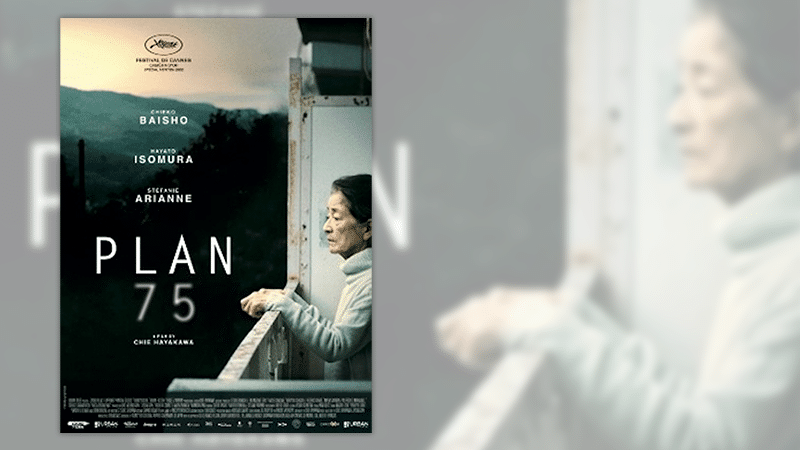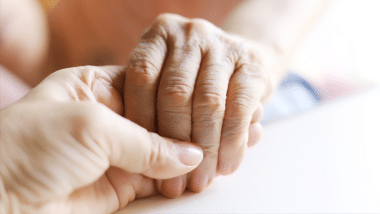It is “not fiction” to suggest that many vulnerable people would be pressured to end their lives if the UK legalised assisted suicide, a senior columnist has said.
Writing in The Times, columnist and former editor of The Sunday Telegraph Dominic Lawson said that the film Plan 75 “confronts its audience with a disturbingly realistic glimpse of a morally bleak future”, which could come to pass in the UK.
The film sees a future Japanese government instigating ‘Plan 75’ to manage its ageing population, where over 75-year-olds can be killed by euthanasia in exchange for $1,000 to be used by either themselves or their family.
‘Far from impossible’
Lawson commented: “I have been concerned for many years about how an ‘assisted dying’ law in this country might affect the disabled — and attitudes towards them.”
He highlighted that his youngest daughter, who has Down’s syndrome, is “highly suggestible, which in this context is a great worry”.A state-sanctioned solution like Plan 75 is far from impossible in a country that is growing ever more intolerant to socially weak people: the elderly, the disabled and the people who have no money.
Chie Hayakawa
Chie Hayakawa, Plan 75’s co-writer and director, told The Guardian: “A state-sanctioned solution like Plan 75 is far from impossible in a country that is growing ever more intolerant to socially weak people: the elderly, the disabled and the people who have no money.”
‘Image of God’
Rhys Curnow, Senior Researcher at The Christian Institute, said: “Assisted suicide campaigners will not like the chilling portrayal of incentivised euthanasia in Plan 75. While the film may be fictional, it has an important lesson to teach us.
“When a society accepts assisted suicide or euthanasia, it is denying the intrinsic value of human life. If certain lives are deemed not worth living, the ‘right to die’ will soon turn into a duty to die.
“Already in our individualistic age, elderly, disabled and terminally ill people sometimes find themselves treated as a burden. This film should make us think much more deeply about human dignity and the value of life made in the image of God.”
Parliament
Earlier this year, MPs were warned that legalising assisted suicide would undermine the culture of caring for the vulnerable.
Speaking in the House of Commons, former President of the Royal College of Psychiatrists Baroness Hollins said everyone needs to know they will “be directed to the right support”, but introducing assisted suicide would change the “culture, the attitude and everything”.
The House of Commons Health and Social Care Committee is currently hearing evidence on access to palliative care, the role of medics in assisted suicide, and eligibility criteria for such services in England and Wales.
Challenging assisted suicide: ‘We must care for those who are suffering, not end their lives’
Assisted suicide a ‘gamechanger’ in undermining care for the vulnerable


